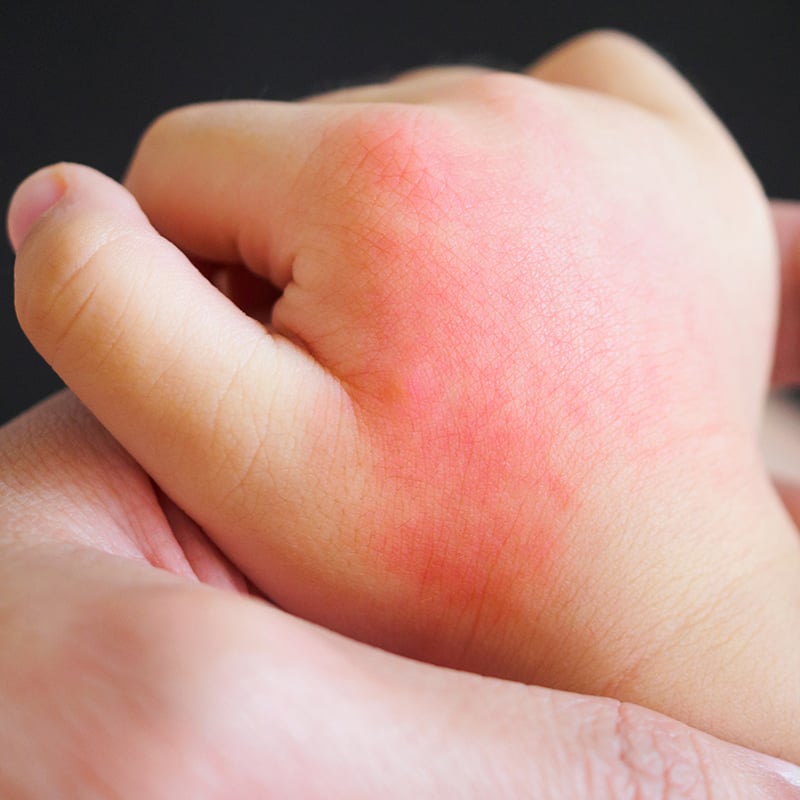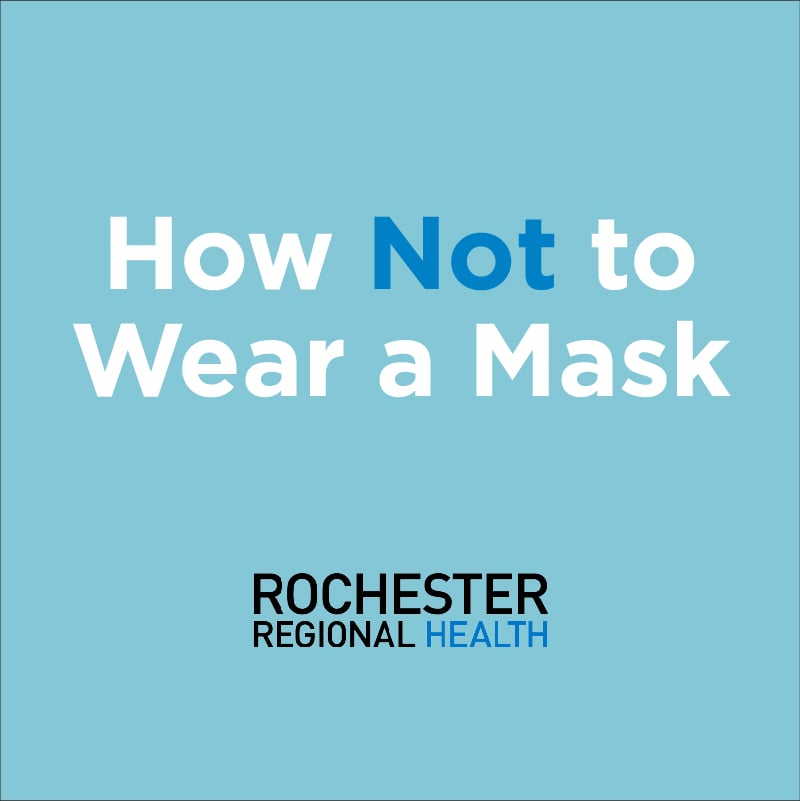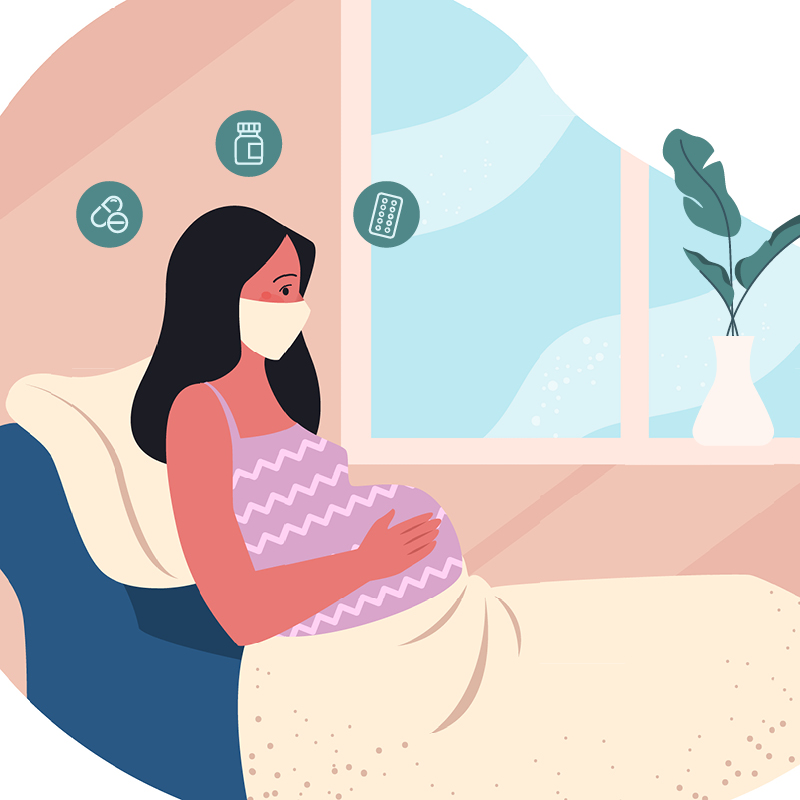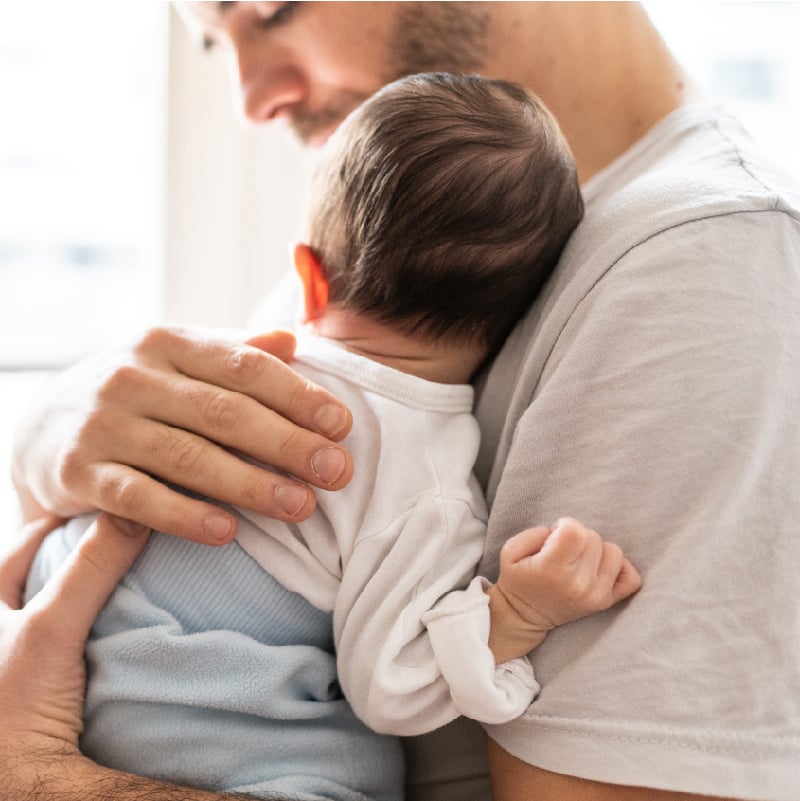Key Takeaways
- Norovirus is often called a stomach bug and causes vomiting, diarrhea, nausea, fever, and body aches.
- There is no medication to prevent or treat norovirus.
- The best ways to treat symptoms are rest, drinking lots of water, and staying home to keep others from getting sick.
From time to time, the term ‘norovirus’ will make its way into news headlines – often when a group of people becomes sick after being around one another.
So how does a person become ill from norovirus? How long is a person contagious after they become sickened with the virus? For answers, we turned to Melanie Conolly, MD, Medical Director for Monroe West.
What is norovirus?
Often referred to as a ‘stomach bug’ or ‘stomach flu’, norovirus is the leading cause of foodborne illness, according to the CDC. There are many different types of norovirus, which can mean that a person can become sickened by different types of noroviruses at different points in their life.
Norovirus is notorious for being highly contagious. People usually become sick after having direct contact with an infected person, eating or drinking contaminated food or water, or touching a surface with norovirus on it and putting their hands in their mouth without washing them.
The National Institute for Infectious Diseases estimates one in 15 people in the United States will become ill due to a norovirus infection each year – ranging from young children to older adults.
Symptoms of norovirus
Norovirus often begins with two unpleasant symptoms: diarrhea and vomiting. Other common symptoms of the virus include:
- nausea
- stomach pain
- fever
- headaches
- body aches
These symptoms come on suddenly and tend to last for 1-3 days. Norovirus is the most contagious during a person is showing symptoms and in the first few days after they recover from being sick.
“In some cases, a person may be slightly contagious as long as two weeks after they start to feel better from norovirus,” Dr. Conolly said.
Treating norovirus
Currently, there is no medicine or vaccine that can prevent a person from becoming sickened by norovirus. Antibiotic medicines treat bacterial infections; norovirus is a viral infection.
Because illness from norovirus causes frequent diarrhea and vomiting, a person may begin to suffer from dehydration. A dehydrated child may become lethargic, fussy, and cry without producing tears. Drinking plenty of fluids becomes important in this situation, for both children and adults.
Preventing norovirus
While norovirus is highly contagious, it is not an airborne illness like COVID-19. Droplets and particles containing norovirus are transmitted by person-to-person contact, on surfaces, or by consuming contaminated food or beverages.
To prevent spreading the virus or becoming ill, proper handwashing is encouraged – especially when preparing food, changing diapers or using the toilet, and handling items that touched the mouth of a person who is sick from norovirus.
Cleaning and disinfecting surfaces, both at home and in public, can reduce the likelihood of coming into contact with norovirus particles. Washing clothing, bedding, and towels used by someone who was sick with norovirus is strongly recommended, as well.
Recently, a norovirus outbreak that spread across eight states was linked to raw oysters in Texas, as reported by the CDC.
“The best thing can do to prevent norovirus is to practice good hand hygiene and to keep surfaces as clean as possible,” Dr. Conolly said. “If a person does become sick, they should stay home, stay hydrated, and rest as much as possible.”









